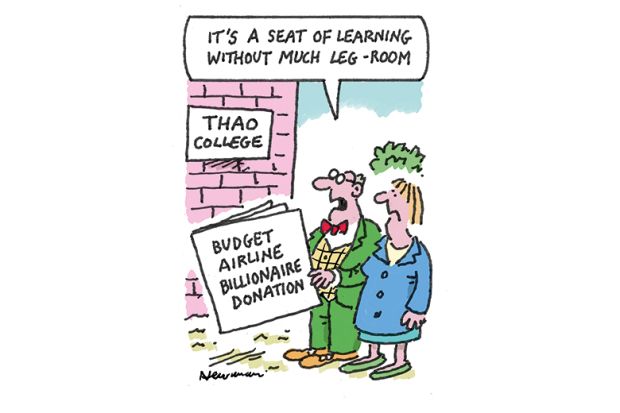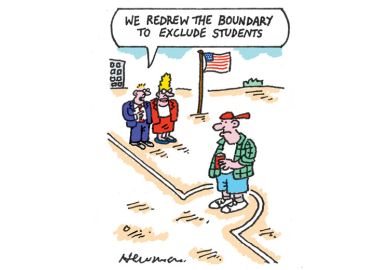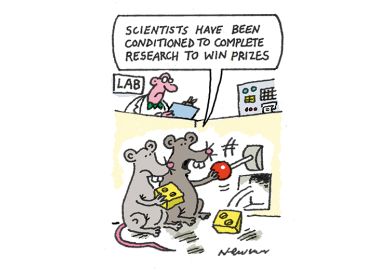
A University of Oxford college is to seek permission to be named after Vietnam’s richest woman after she made a “transformative” donation of £155 million to the institution. According to The Times, Linacre College will ask the Privy Council for permission to become Thao College after the gift from Nguyen Thi Phuong Thao and her company Sovico Group, owner of Vietnam’s first private airline, Vietjet Air. Fellows of the college have welcomed the donation, the newspaper reported, although alumni are said to have expressed reservations about the name change. In 2018, Ms Thao’s name was among those appearing in the Panama Papers leak, which showed those with links to a law firm that helped the rich use tax havens. Ms Thao said at the time that Sovico had bought an overseas company that was already a client of the law firm, Mossack Fonseca, and that the deal had been “open, transparent and compliant with the laws of all related countries”.
University libraries are probably well used to borrowers forgetting to return books for weeks at a time, given the chaotic state of many shared student houses. But handing a book back more than 50 years late is probably taking the biscuit. Yet that is what happened at a University of Cambridge library when a rare atlas that was borrowed in the early 1970s was returned after a recent college reunion. According to the ITV News website, the book was brought back to Trinity Hall’s Jerwood Library with an apologetic note. The atlas is a rare example of a book published by the Society for the Diffusion of Useful Knowledge, an organisation set up in the 19th century to help make expensive publications available to the working class.
Paying off a student loan normally involves scrimping on some of the luxuries in life, but a California graduate managed to find a way to save money while spending lots of time in a theme park. According to The Times, the man realised that he could save a fortune on food costs by taking advantage of free meals available as part of an annual pass to the Six Flags Magic Mountain park north of Los Angeles. The 33-year-old electrical engineer told Mel Magazine that by timing it right – which presumably meant not just before riding a roller coaster – he could eat lunch and dinner there every day. It is estimated that he had about 2,000 meals there over seven years. He did, however, admit that after a while he had to stick with the healthy options to avoid putting on too much weight.
A leading figure in the US college admissions scandal has agreed to plead guilty in return for an expected prison sentence of about three years. Donna Heinel, former senior associate athletic director at the University of Southern California, was portrayed by prosecutors as the key partner of the scheme’s admitted mastermind, William Singer, at the university where Mr Singer was found to have arranged the largest number of cases. The overall scandal led to 57 arrests, most of them wealthy parents accused of paying hundreds of thousands of dollars to help their children win slots in selective US universities, achieved in most cases by falsely portraying them as athletes. Dr Heinel was critical to that effort at USC, prosecutors said, because she was the intermediary between the sports teams and the admissions office.
The debate about what aspects of a university education have the most influence on graduate earnings – and indeed whether higher education adds value beyond a signal for prior attainment – have only grown more intense in recent years. Now, some research on Australian graduate outcomes has added to the discussion by suggesting that the subject chosen by students is far more important than the institution. The analysis for the federal government has concluded that choice of discipline influences graduate earnings about five times as much as choice of university in the years immediately after students complete bachelor’s degrees, with the situation not much different a decade later. The researchers plotted enrolment and completion records against income data from the tax office to identify the factors that shape earning capacity.
Register to continue
Why register?
- Registration is free and only takes a moment
- Once registered, you can read 3 articles a month
- Sign up for our newsletter
Subscribe
Or subscribe for unlimited access to:
- Unlimited access to news, views, insights & reviews
- Digital editions
- Digital access to THE’s university and college rankings analysis
Already registered or a current subscriber?


